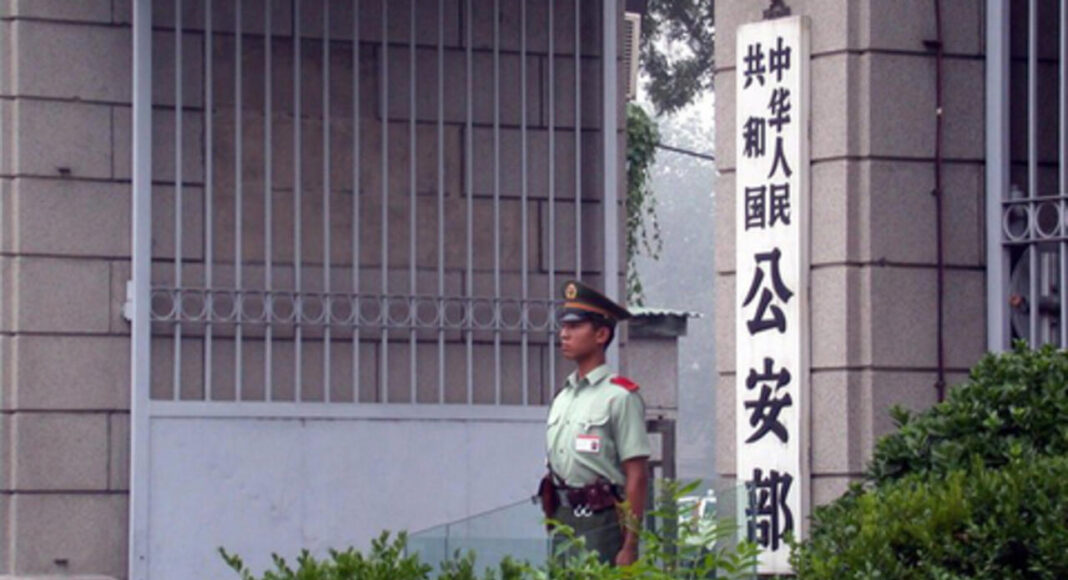China stated owned media Global Times reported that China had resolved 464,000 cases related to telecom fraud and online gambling last year, with 351 ringleaders and key members of criminal groups arrested.
The figures were revealed in a national teleconference on the crackdown on new types of legal offenses and crimes via telecom and networks on Tuesday.
According to the Criminal Investigation Department of China’s Ministry of Public Security, “the authorities in localities paid close attention to the implementation of various measures to combat new types of crimes and the main responsibility of industry supervision last year.”
The Chinese government issued a set of guidelines in April 2022, which stressed intensifying crackdown on telecom fraud. Awareness campaigns were devised to equip the public better to identify fraud schemes.
Authorities also tightened the supervision over financial institutions to detect and cut off new money laundering channels of fraud rings. The country’s social credit system will blacklist those involved in telecom or internet fraud.
From then, some Chinese citizens started to report difficulties in leaving the country, and many individuals were persuaded by authorities to give up leaving China’s borders. But the guidelines were never very clear to the public.
Chinese authorities pointed out that “online gambling and telecom fraud have caused social problems in China as well as in Southeast Asian countries such as Myanmar, Thailand, and Sri Lanka, with some Chinese nationals falling victim to murder, kidnapping, and human trafficking.”
“A major human trafficking case was disclosed in April by the general border inspection station for entry and exit of South China’s Guangxi Province under the National Immigration Administration. The case involved a large-scale trafficking gang that organized Chinese nationals to leave the country illegally by sea to engage in transnational criminal activities,” note authorities.
“The criminal gang posted the so-called recruitment advertisements on Chinese social media offering high paying overseas jobs and promising to reimburse all travel expenses as a ploy to lure potential job-hunters.”
Also in April, the Chinese Embassy in Sri Lanka rescued 13 Chinese nationals who were trafficked to Sri Lanka, cut off from contacts with their families and the outside world, and forced to engage in illegal activities such as telecom scams and internet gambling.
300 rescued in Philippines’ Pampanga
In an operation carried out in early May in the province of Pampanga, the Philippines, local law enforcement departments rescued around 1,000 people from multiple countries who were suspected of being trafficked and were allegedly forced to work for cyber fraud. Over 300 Chinese from the mainland, Hong Kong, and Taiwan were rescued during the operation. The operation has resulted in the cancellation of the POGO license of the firm operating the alleged scheme, as well as the shuttering of the Sun Valley Clark Hub’s operations.
Meanwhile, local governments took a series of preventive measures that effectively suppressed the high incidence of cases, with telecom and network fraud seeing a consecutive 17-month year-on-year decline.
In particular, the Ministry of Public Security has set up a hierarchical and categorized warning and dissuasion mechanism and has issued 240 million warning instructions to various localities.
China blocked nearly 800,000 overseas websites
The Cyberspace Administration of China has also blocked some 799,000 overseas websites and 38,000 IP addresses it says are involved in fraud.
The People’s Bank of China has also continued improving its investigation and control of fraudulent funds, assisting the public security organs in intercepting more than RMB318 billion ($44.97 billion) in fraud cases.
The Ministry of Industry and Information Technology says that it has improved its monitoring, early warning, and handling capabilities, intercepting 2.1 billion fraudulent phone calls and 2.42 billion text messages and disposing of 2.66 million web addresses and domain names involved in telecom fraud cases.











